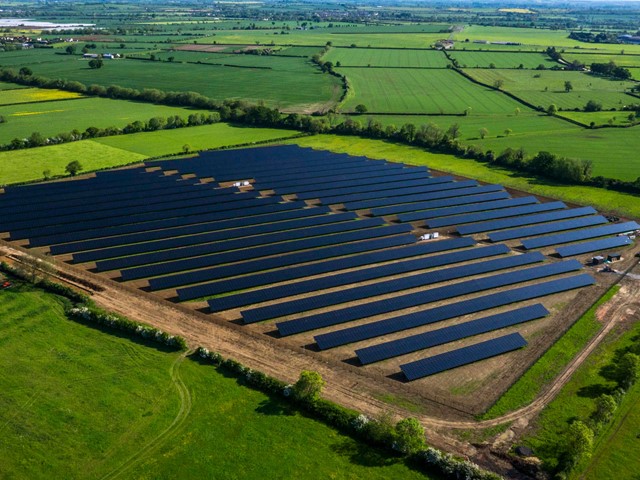Aids are monetary motivation, normally paid by governments to motivate the manufacturing of something. There are numerous factors that a particular product might be beneficial to the area, however not financially possible for individuals and businesses. Lots of items are supported to sustain regional services, reduce the number of imported goods, supply work and urge environmentally friendly practices. Governments have actually supported the energy sectors, consisting of oil, coal, nuclear, and various other modern technologies, for several years. In the last few years, the pattern is to urge renewable resource resources (such as solar, wind, and biomass) at the expense of nonrenewable fuel sources such as coal and also oil. Alternative energy subsidies consist of Feed-in Tariffs as well as monetary motivations for photovoltaics.
Subsidies are an instrument of government policy, as well as various nations may use them for various reasons. One typical objective is to motivate individuals to use a fuel source that can be created in your area, therefore promoting work in their very own nation and also reducing dependence on fuel from foreign countries. They may make use of subsidies on production rather than intake of an in your area produced fuel in order to raise the export of that product.
Federal governments might additionally see aid as generating financial benefits for their people, maintaining work, minimizing rates, etc. Often international treaties enter play. For instance, nations may enforce tolls or subsidies to decrease the consumption of some types of power and also boost the usage of others to abide by an agreement like the Kyoto Method.

There are lots of that refute subsidies, however. One typical disagreement is that any type of financial disturbance from the government misshapes the free enterprise economy and enhances waste as well as intake. Also among those that concur that subsidies are a good concept, in theory, several particular subsidies are slammed for falling short to aid the intended beneficiaries.
Many countries now have policies for urging sustainable or alternate forms of energy. Along with the fact that protecting the atmosphere benefits each nation individually, international agreements often drive the need for such nationwide plans.
Lots of gas that we use now since they’re cheaper than their cleaner equivalents launch carbon dioxide right into the air. The carbon dioxide contributes to an all-natural effect in the earth’s atmosphere, called the eco-friendly house result, causing the earth to heat. In order to lower the results of worldwide warming, many countries are attempting to reduce the use of nonrenewable fuel sources and replace them with even more eco-friendly gas that doesn’t launch carbon dioxide right into the ambiance. Nuclear, biomass, solar, wind, tidal, and hydro-electric power are amongst the eco-friendly selections.
Alternative energy aids sustain those policies. Feed-in tariffs and also tax obligation motivations for photovoltaics make it economically attractive for customers to get and also make use of environmentally friendly solar panels which is such a good point. The goal of these aids and rewards is to aid get to grid parity, which is the factor at which the expense of renewable power is equal to the expense of typical types of power.
Common feed-in toll plans pay renewable resource producers for the power they generate. National electricity grids are conventionally considered as a network of suppliers (power plants) connected to a network of customers (homes and companies), but it is in fact technically feasible for any type of customer to feed power back into the grid.
For example, a residence or organization might mount a solar photovoltaic or PV system, which creates more electrical energy than he himself requires. Feed-in tariffs permit the proprietor to feed that electricity back into the grid. The electricity company is required to acquire that power, occasionally at a rate that is fairly beneficial to the homeowner. By doing this the toll motivates the adoption of renewable energy and lowers the nation’s dependence on fossil fuels.


